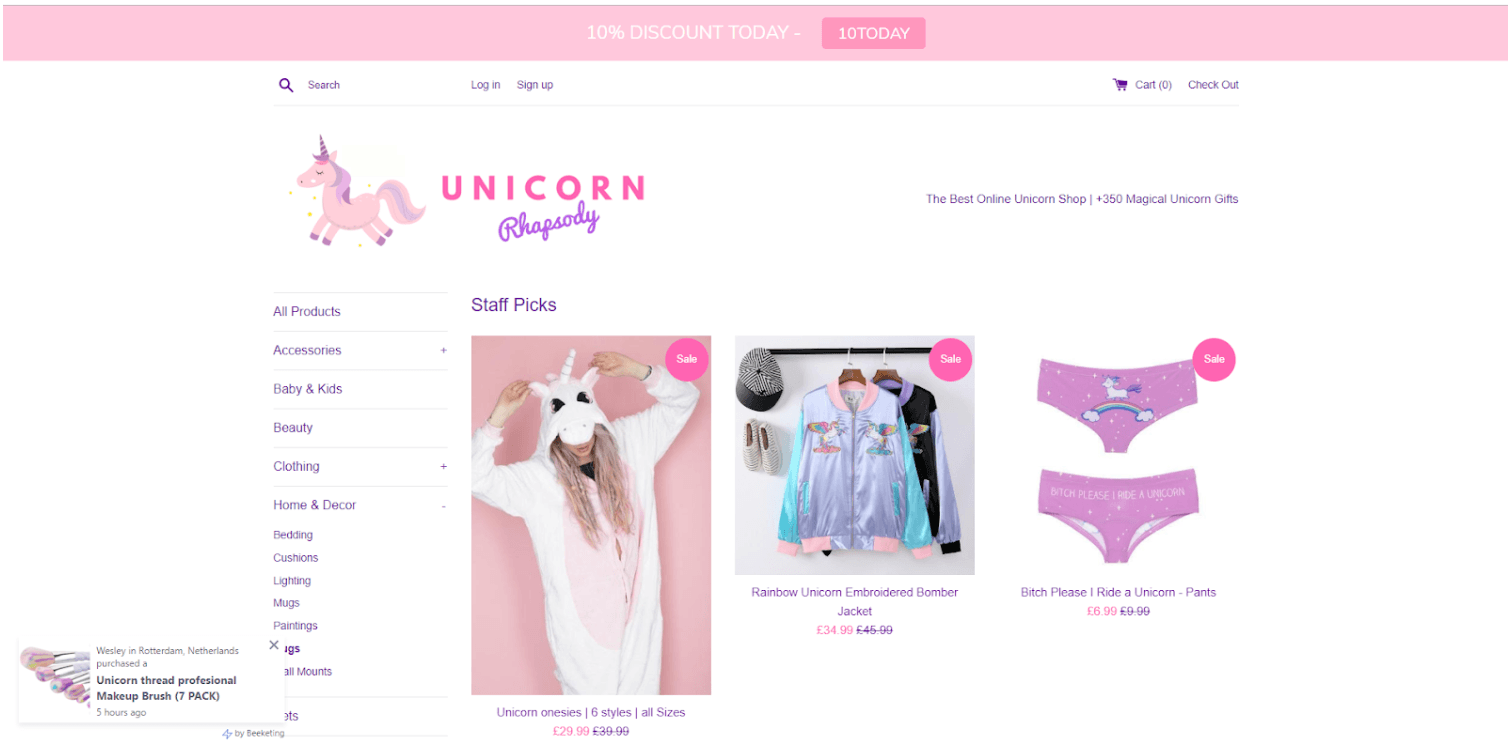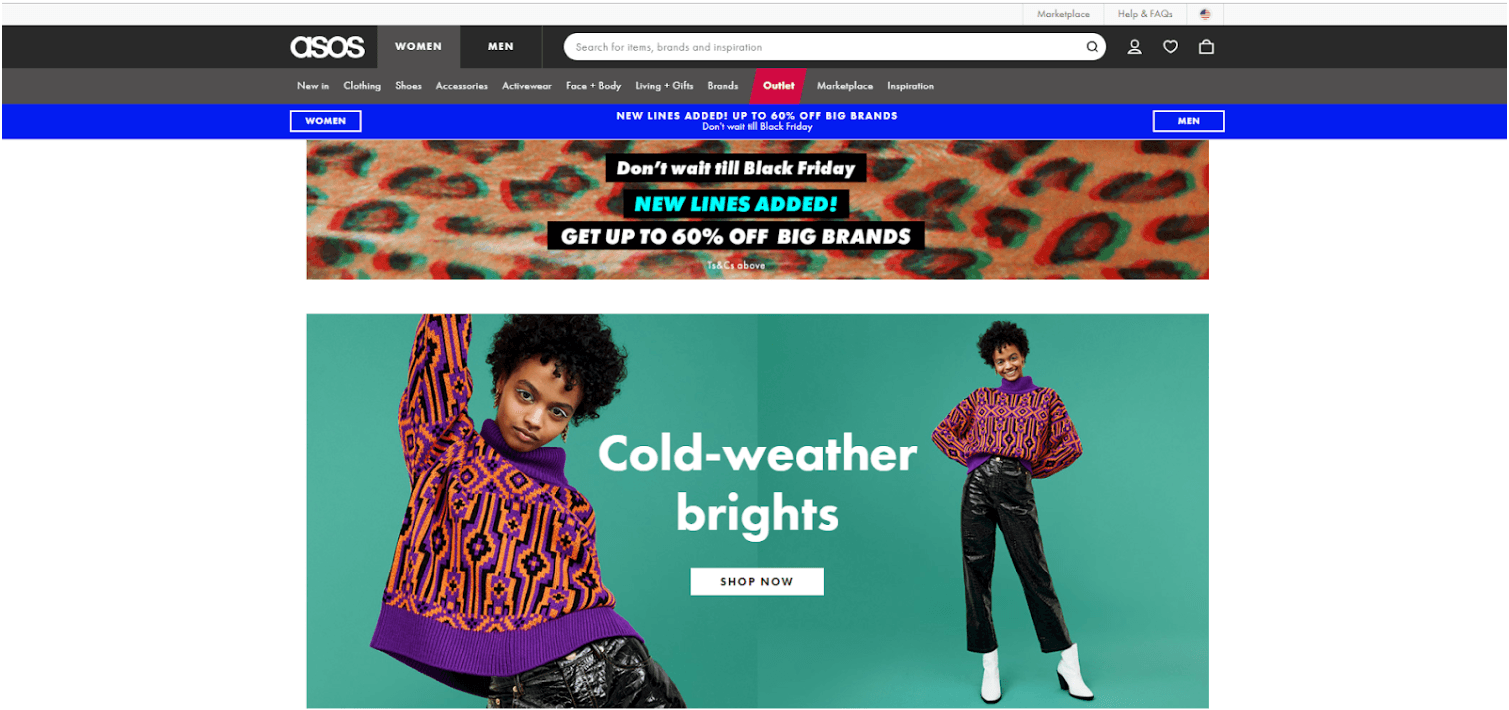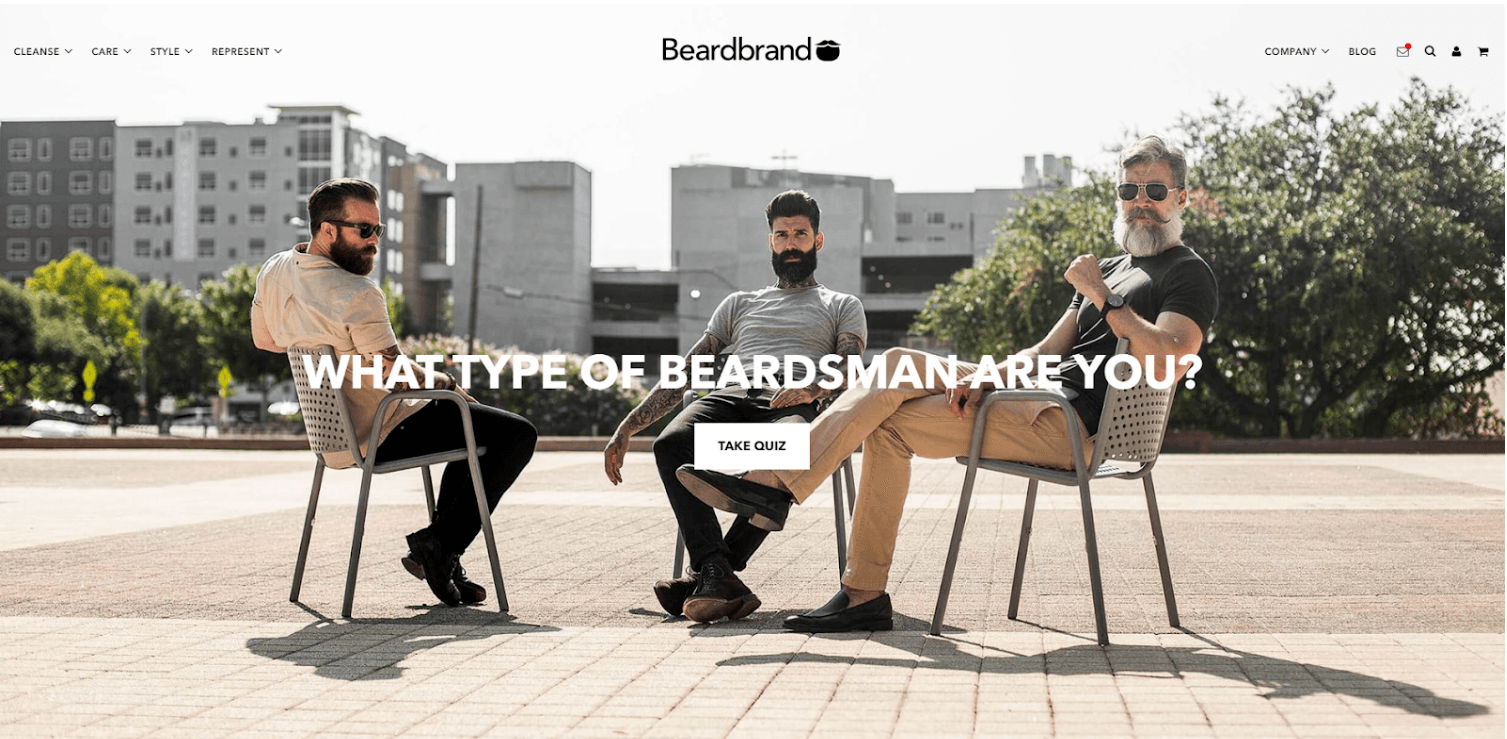
If you’re thinking of setting up your own ecommerce store, then you might be wondering where to start. You may have an awesome product idea that you want to turn into reality, or you might just want to make some big bucks fast.
Whatever your reasons, one of the things you need to consider when you’re about to delve into the world of ecommerce is selecting your niche.
Selecting the perfect niche for you can be the difference between a super successful store, or having to sell it on for 50 dollars after a year of crashing and burning.
In this post, I’m going to talk you through selecting your perfect ecommerce niche.
If you’re new to the world of ecommerce, you might be wondering what I’m referring to when I say “niche.”
Your niche in ecommerce refers to the distinct segment of the market that your business falls into. So, where your products fit in the grand scheme of products, and how they are categorized.
Niches vary in size: for example, electronics is a broad niche. Wireless headphones is a narrower niche that falls under that broader one.
Picking a niche means that you have to build your brand and your products around this idea, and market to a target audience.
Essentially, picking a niche for your ecommerce store means that you’re more likely to be successful and make money.
Sure, there are huge online companies like Amazon that sell everything under the sun to a huge audience. But they’re the biggest online retailer ever, and they’ve now grown so much much that they have a total monopoly on the broad-niche market (and I’d say, transcending niches entirely).
If you’re just starting out as an ecommerce entrepreneur, it’s best to market your store to a particular audience, and do a few products really well. For higher success rates, it’s way better to target your audience with precision, and appeal to their wants and needs.
You don’t want to spread yourself too thin and try to please everyone. If you don’t have a clear idea of who you’re targeting, you’ll miss the mark with your products and marketing, and end up losing money rather than profiting.
Aim narrow with your niche to start with.Once you’ve conquered that, you can broaden your range and start building new ideas on a stable foundation.
There are various factors to consider when selecting the perfect ecommerce niche for you.
Below I’ve listed the things I think all wannabe ecommerce store owners need to take into account when selecting their niche.
Your ecommerce store is going to take up a considerable amount of time, regardless of whether you’re doing it as a side-hustle or leaving your job to pursue your dream of being an entrepreneur.
So you need to find a niche that you feel passionate about. An area where you’ve got a decent amount of knowledge and you’re happy to dedicating your time to.
If you’re not interested by your concept or the stuff you’re selling, you can quickly lose motivation and no longer push yourself. Things aren’t always easy when running an ecommerce store. Selecting a niche that you care about means that you’re less likely to quit, because you’re invested.
The next step you can take to select your perfect niche is to identify any problems that you could potentially solve for your customers.
Ideally, you need to design a product that solves a problem for your customer, or makes their lives easier. This could be something revolutionary — a completely new invention — or it could just be a cheaper or higher-quality version of something already on the market. You’re still benefiting your customer in some way because you’re providing them with an alternative which saves them money, or lasts longer.
If you’ve already got an idea, then perfect. If you’re struggling to combine problem-solving with a topic you’re passionate about, then do some research.
Conduct surveys or research sessions with your target audience. Get a feel for their needs and desires. Identify any gaps in the market that you could fill.
You can also research keywords around your niche using tools like Jungle Scout or Ubersuggest. If you know what people are searching for on Google — any answers they’re looking for, or pain points they have — then you can use these to direct your ideas.
Look at online Q&A sites and forums like Quora to find out what questions people are asking around your topic. This can also guide your problem-solving.
It’s always important to do competitor research when you’re starting any project.
If you’ve got an area that you want to set your ecommerce store up in, make sure you identify and research the competition. Find out who the big players in your niche are, but focus on who your direct competitors are likely to be.
You can using various online tools to discover more about your competitors, such as how well their site is performing, traffic, backlinks, keywords use and more. Analyzing this data will help you to understand where you can slot into in your niche.
When you’re selecting your niche, you need to get a feel for the ecommerce market and trends. You don’t want to pick a niche for your ecommerce store that’s actually on a downward trajectory and is losing consumers’ interest.
Google Trends is really useful for researching trends. You can track interest over time (and vary your time range), as well as split your data through location and more.
The main decision you need to make is whether you’re going to go into an evergreen niche or trending niche.
An evergreen niche is one that remains at a steady level — it has everlasting appeal, doesn’t rely on trends or fads, and you’re very unlikely to get huge dips. Evergreen niches are stable and reliable — good if you want your ecommerce store to have longevity.
A trending niche is one where interest and sales spike suddenly over a smaller period of time. Take for example, fidget spinners or unicorn-themed products. They’re influenced by fads and trends, are normally quite specific, and have a huge rise in popularity before falling.
Both have their benefits, so you just need to decide which route to go down. Ideally, you could merge the two and pick an evergreen niche with trending products.
Another factor to take into consideration when you’re selecting your niche is whether you want to go micro niche or stick to a broader niche.
A micro niche is one that focuses on a very specific topic or market. You go as narrow and in-depth in a niche as you can, establishing credibility and dominating specific searches.
There are some great positives: your store makes money by generating a smaller but steady level of traffic which turns into loyal customers. Plus you have less competition and you end up as a specialist in your topic.
The negatives to going micro niche are that you have limited traffic volume, and you’re dependant on a very specific market and small range of products (or just one). This means that if you attract any competition to your micro niche, you are vulnerable to getting bumped out with no back-up plan.
Broad niche stores are safer overall: you aren’t as at risk, and you have the flexibility to expand, draw more traffic, and grow to multiple revenue streams. All great benefits.
As for downsides, you’d have less credibility as a broad niche store, and you’ve got lower conversion rates (although this is boosted by casting your net wider). Marketing is also harder.
Again, you need to decide which of these options fits you best when you’re making decisions for your ecommerce store.
There are all sorts of great examples of micro niches and broad niches. If you can imagine it, chances are there’s an online store for it out there already.
Have a look at this website for an example of a micro niche store:

Image credit: Unicorn Rhapsody
Unicorn Rhapsody is an online store which specializes in selling unicorn-themed clothing, products and accessories. Their demographic won’t be huge, but they’ll have a distinct group of loyal customers who are willing to spend their money on unicorn goodies.
Want broad niche? Many well-know websites have made a success from being incredibly broad — such as Amazon and ASOS.
ASOS is a very popular online clothing store that fits under the very broad category of “fashion and beauty.” It sells anything from clothing to shoes, to face and body products, to homeware and stationary. ASOS haven’t dug down into any of these specific niches, but instead, sell a wide range of products and therefore appeal to a large audience of customers.

Image credit: ASOS
As for an evergreen niche, there are all sorts of different online stores that have placed themselves in an evergreen niche. You can choose anything from healthy living, weight loss, babies, pets, relationships and more as an evergreen store idea — none of these concepts or areas are going anywhere.
Check out LighterLife to see an online store in an evergreen niche:

Image credit: LighterLife
There will always be a demand for weight loss and health websites. You can sell your products and concept, which will always remain relevant, but vary your marketing depending on trends and seasons. This will help keep your evergreen online store topical and fresh, despite maintaining a constant theme.
As for a trending niche ecommerce store? You’ll need to get good at predicting what is going to become popular soon, or jumping on a bandwagon fast.
At the moment, a trending niche is definitely the beard care niche. Beardbrand is a British online beard care store that sells products, kits and tools for beardy men:

Image credit Beardbrand:
Beards have only started a come-back in the last few years, but as it is now a hugely popular trend, entrepreneurs have been capitalizing on this with beard care products.
As you can see, there are all sorts of things to consider when selecting your perfect ecommerce niche. Hopefully this post will have helped you to understand the important of choosing the perfect niche for your ecommerce store, and has answered some of your questions.
If you have any further questions about ecommerce niches or advice that you’d like to share with store owners just starting out, write to me in the comments below!